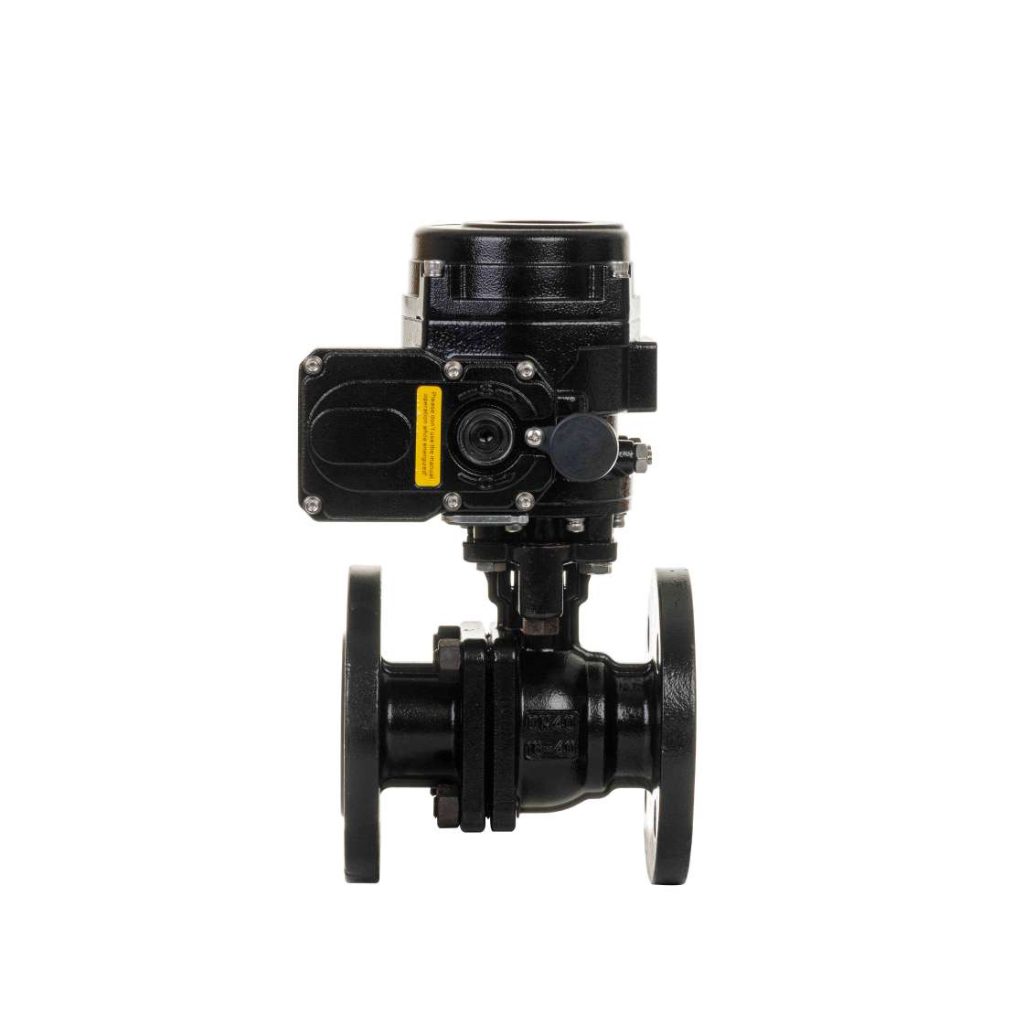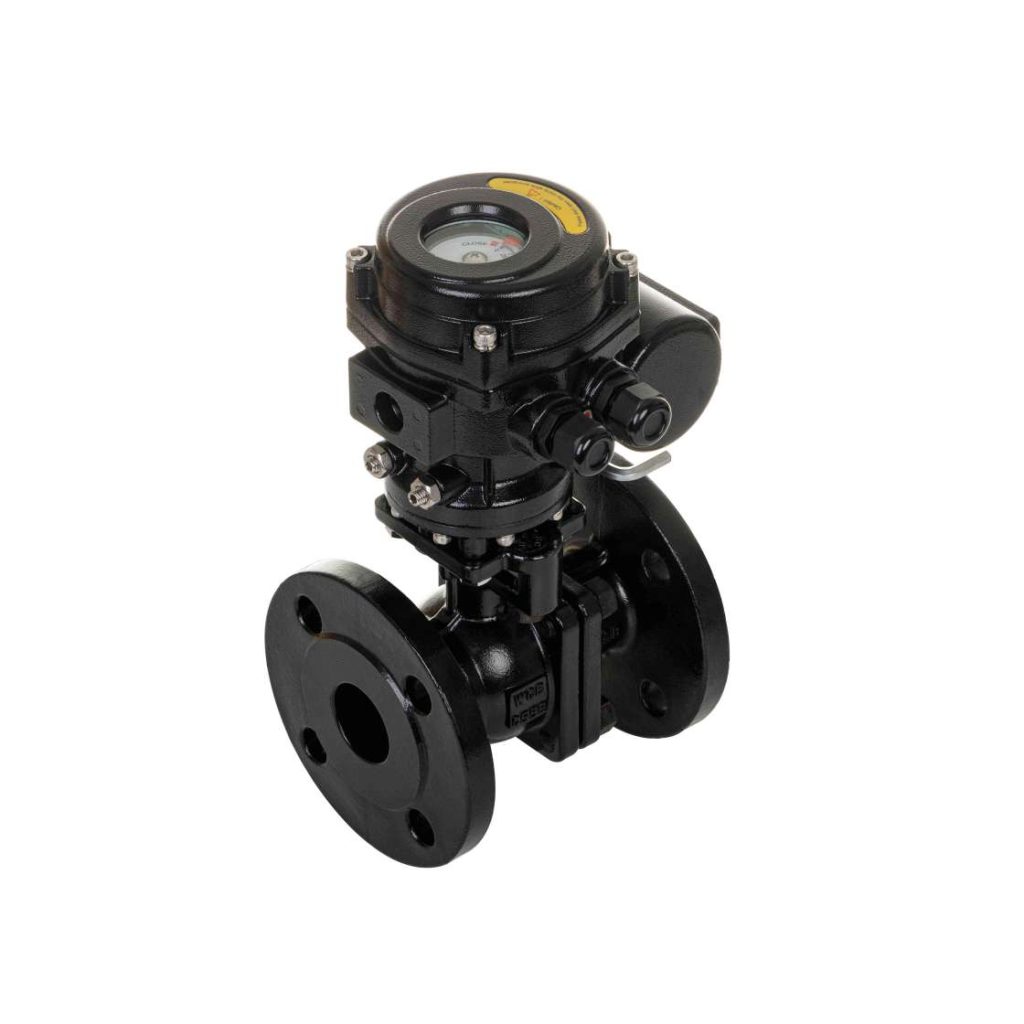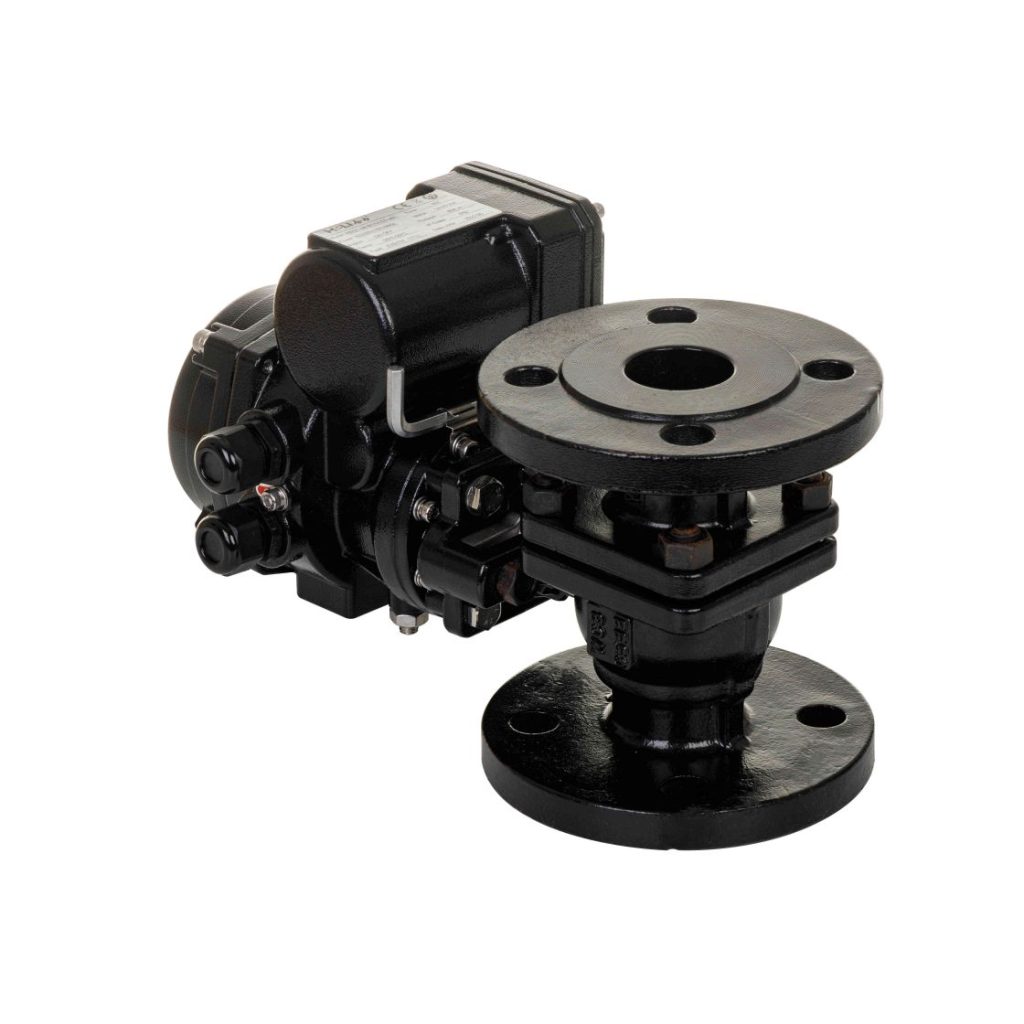Electric flange ball valves are critical components in modern industrial automation, providing essential control over the flow of liquids, gases, and steam in various applications. These valves combine the functionality of ball valves with electric actuators, allowing for efficient and precise operation. As industries continue to prioritize automation and remote control, the demand for high-quality electric flange ball valve manufacturers has increased. In this article, we will explore the key considerations in choosing a reliable manufacturer, the benefits of electric flange ball valves, and the latest industry trends shaping the market.

What is an Electric Flange Ball Valve?

An electric flange ball valve is a type of ball valve that uses an electric actuator for automated opening and closing of the valve. This allows for remote control and precise regulation of fluid or gas flow in a pipeline. The “flange” refers to the two flanged ends of the valve, which are designed to be bolted to the pipe system. Electric flange ball valves are suitable for a wide range of industrial sectors, including oil and gas, chemical processing, water treatment, and power generation. The design of the electric flange ball valve features a ball with a hole in the middle, which rotates to control the flow of fluids. The electric actuator provides the force needed to turn the ball valve, often controlled by a PLC (Programmable Logic Controller) or other automation systems. This configuration enables efficient operation and ensures that the valve can be adjusted remotely or automatically as needed.
